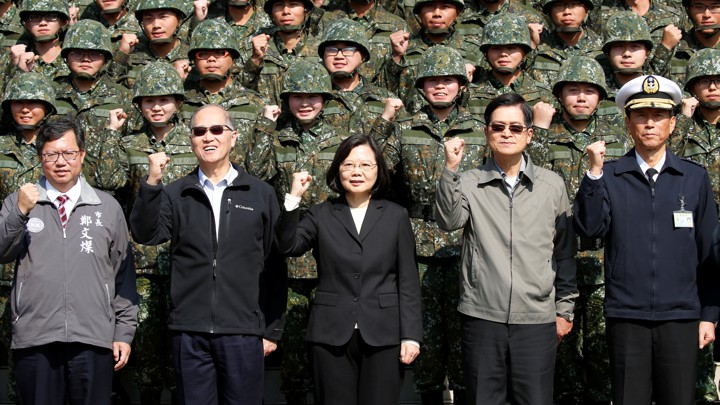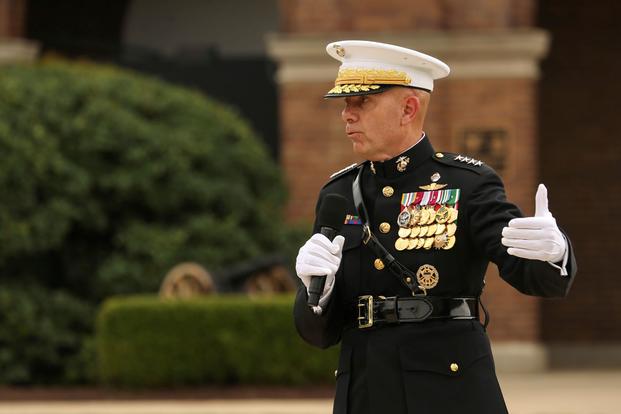Nilanthi Samaranayake, Satu Limaye, and Joel Wuthnow
 The Brahmaputra River, which originates in China and flows through India and Bangladesh, provides a critical supply of water, vast potential for clean-power generation, and opportunities for economic growth. Despite the importance of this river for three of the world’s most populous nations, no formal agreement exists to manage its resources.
The Brahmaputra River, which originates in China and flows through India and Bangladesh, provides a critical supply of water, vast potential for clean-power generation, and opportunities for economic growth. Despite the importance of this river for three of the world’s most populous nations, no formal agreement exists to manage its resources.
NBR’s Ashley Johnson spoke with Nilanthi Samaranayake (CNA), Satu Limaye (East-West Center), and Joel Wuthnow (National Defense University) about the opportunities and challenges for the three riparian nations to cohesively manage the Brahmaputra River. Their recent book Raging Waters: China, India, Bangladesh and Brahmaputra River Politics explores these issues and provides recommendations for policymakers seeking to advance regional water security.
Given the importance of the Brahmaputra River Basin for water, energy, and economic security, why has this river been overlooked as an area of focus?

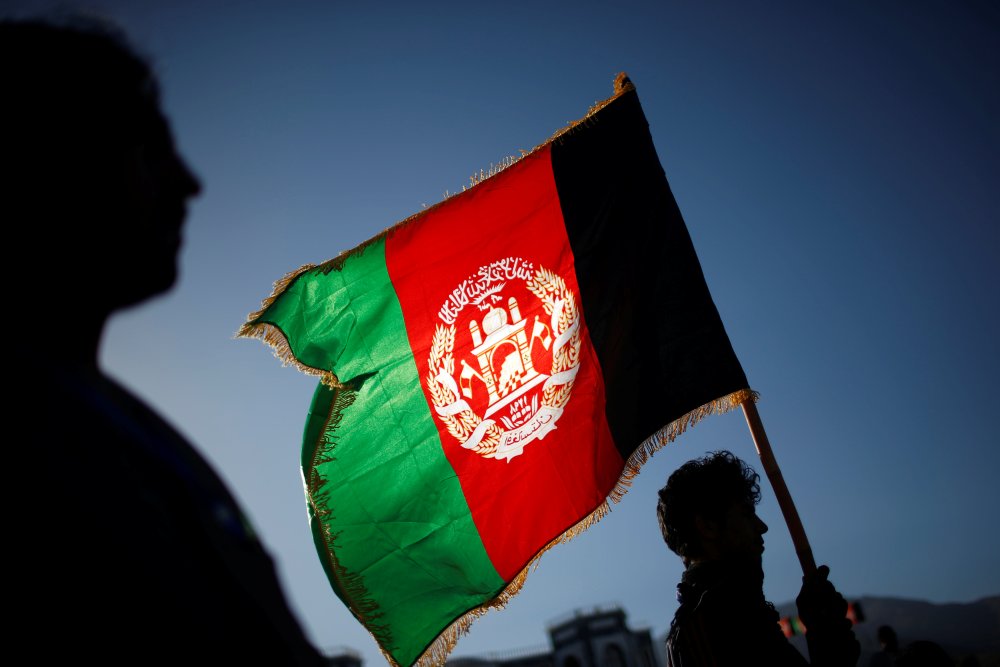


/arc-anglerfish-arc2-prod-mco.s3.amazonaws.com/public/4UKTAWM5JVAP7GOD4UUCHXWEIE.jpg)
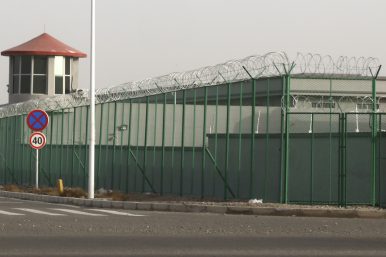
/arc-anglerfish-arc2-prod-mco.s3.amazonaws.com/public/AXN7HV7DV5CJJMJWFDIBADC63U.jpg)


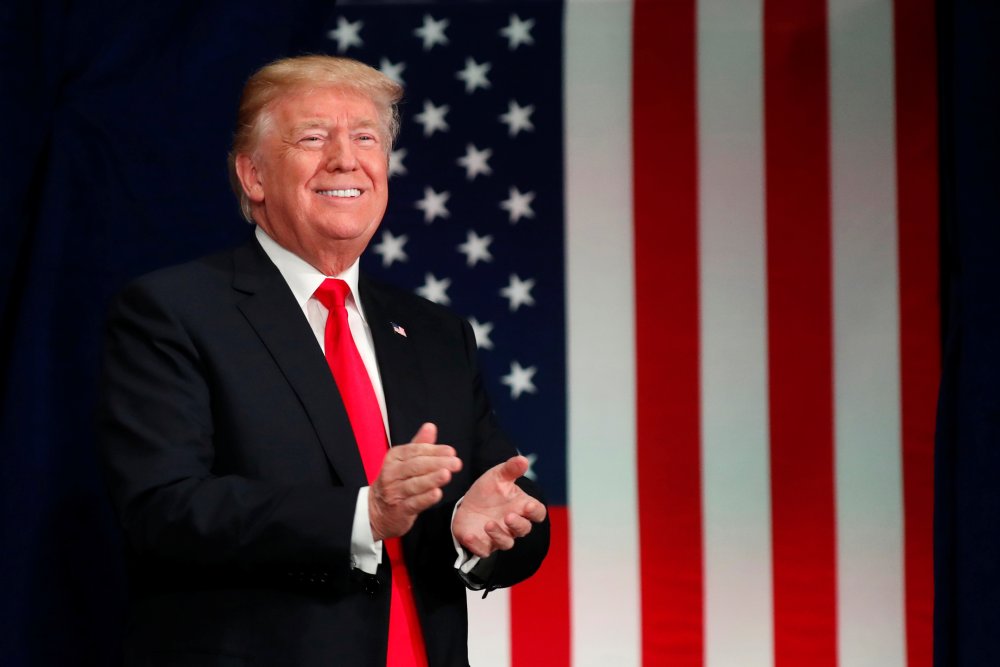


/arc-anglerfish-arc2-prod-mco.s3.amazonaws.com/public/UFZENP6I5RDIPD5GETNURMLQT4.jpg)
/arc-anglerfish-arc2-prod-mco.s3.amazonaws.com/public/HTWFJVPUGBAPVJS6UXP2SXVXYE.jpg)


/arc-anglerfish-arc2-prod-mco.s3.amazonaws.com/public/VJJ2PHO32JAXRBOGBCS5O5QN2U.jpg)

